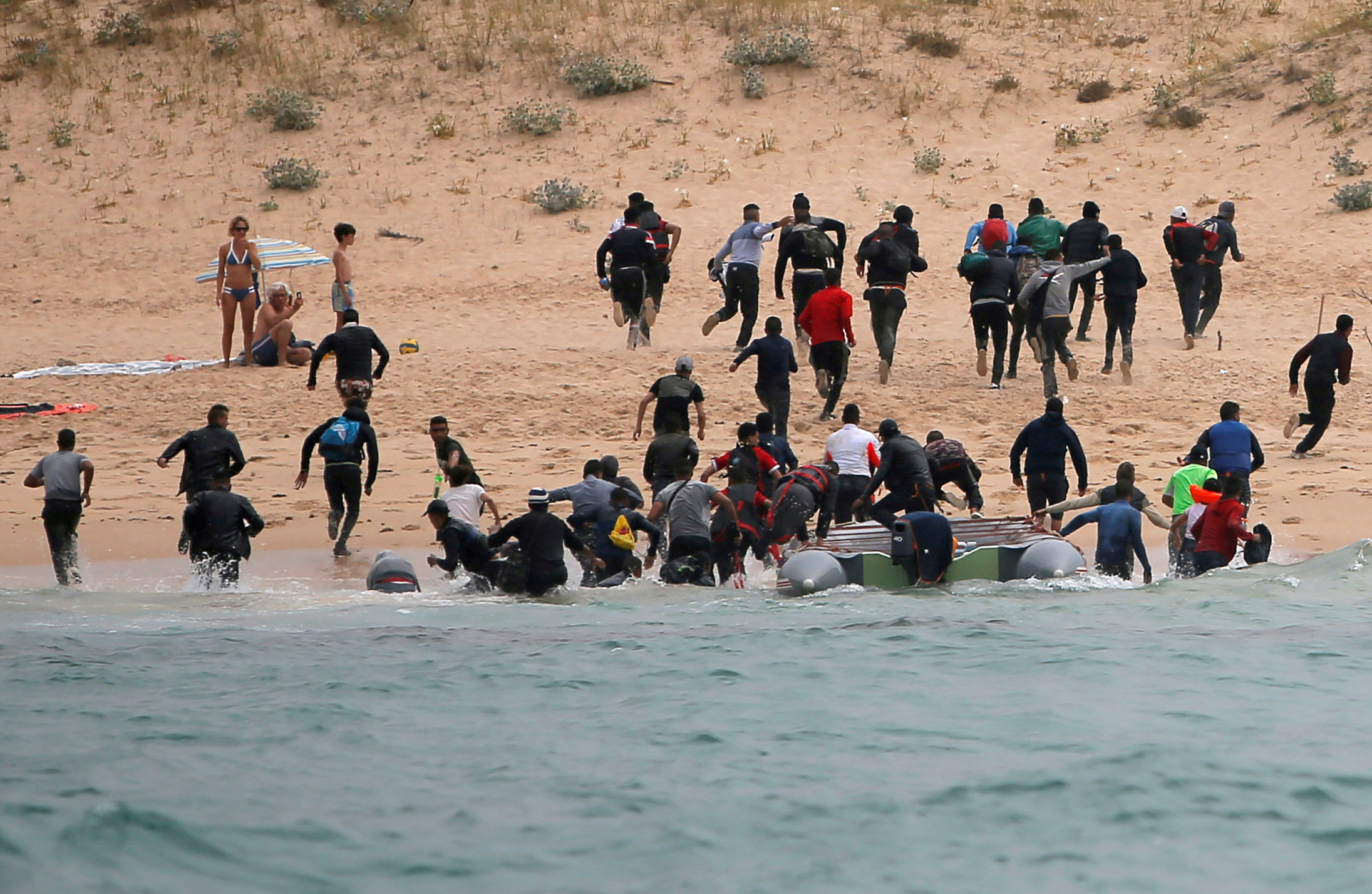Migration Crisis Hits Small Spanish Island
- El Hierro, a remote island in Spain’s Canary archipelago, has emerged as a major migration hotspot in Europe.
- In 2023, 19,400 migrants have arrived, nearly double the island’s population of 11,400, overwhelming local resources.
Struggles for Resources and Shelter
- Nuestra Señora de los Reyes hospital, designed for 31 patients, now accommodates both locals and migrants suffering from hypothermia, dehydration, and injuries.
- Emergency services have been stretched, with tents erected in parking lots and at the port to manage the influx.
- Local residents, like Teresa Camacho, express concerns about the strain on healthcare, while medical staff report exhaustion from continuous demands.
Routes and Risks
- Migrants primarily hail from Mali, Senegal, and Morocco, driven by conflict, poverty, and economic instability.
- Many embark on perilous journeys from Mauritania, Senegal, and Gambia, paying smugglers €400-€1,500 for the dangerous 2,200-kilometer sea crossing.
- The journey has become deadlier, with September witnessing the worst recorded shipwreck off El Hierro, where 63 of 90 passengers drowned.
Rising Numbers in the Canaries
- The Canary Islands have seen a 23% year-on-year rise in migrant arrivals, totaling 39,713 as of mid-November.
- This contrasts with a 43% decrease in overall EU irregular migration, attributed to tighter controls on other routes, including the central Mediterranean.
Broader Migratory Trends
- Migrants increasingly seek alternative paths due to stricter controls in Libya and Tunisia, while the Canaries attract a growing number from Pakistan, Afghanistan, and Yemen.
- Pakistanis, in particular, have paid up to €16,000 for journeys, reflecting shifting migratory flows.
Challenges for Local Authorities
- The Canaries’ government is overwhelmed, especially with the care of 5,600 unaccompanied minors.
- While Madrid has provided €100 million in aid since 2022 and pledged another €50 million, local officials argue it’s insufficient to manage the “avalanche” of arrivals.
Spain and EU Responses
- Spain has strengthened partnerships with Mauritania, Senegal, and Gambia for border control and deportation efforts, although no formal deportation agreements exist with Mali or Senegal.
- Madrid is pushing for Frontex to restart surveillance in Africa, pending EU negotiations with host countries.
Long-Term Solutions Needed
- Migration researcher Alberto Ares highlights the necessity of addressing root causes like instability in the Sahel, while also opening legal migration pathways to reduce reliance on smugglers.










